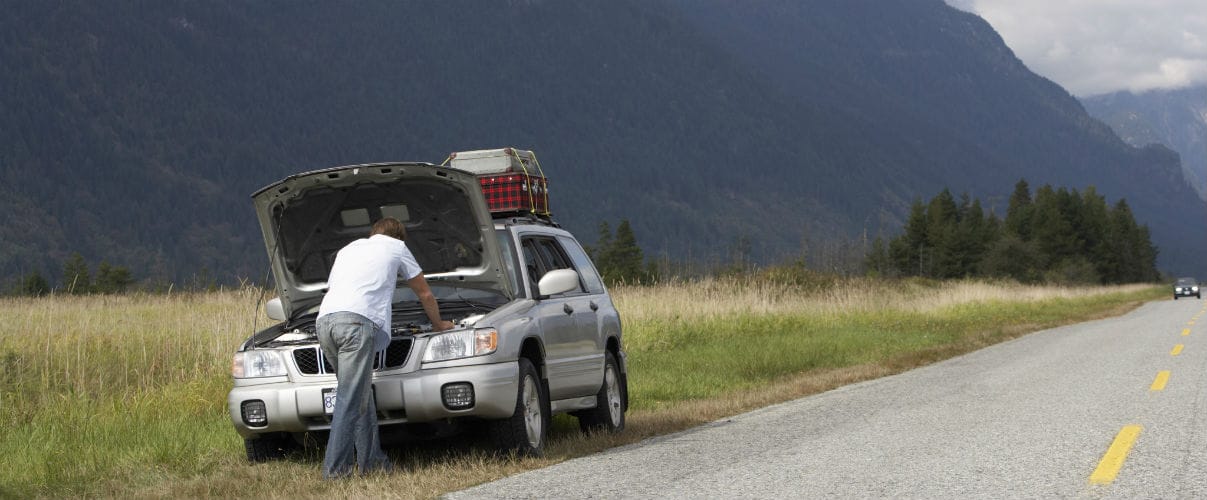I was once driving down a highway on my own and my cellphone was out of battery. After a while, the engine of my car began to sputter and eventually came to a halt. I checked that there was still fuel in the car. So, I tried turning on the ignition a couple of times in the hope that the car would start. But it didn't.
I had no idea where the nearest petrol station was, I hadn't seen a car go by since I stopped and I didn't know how much longer it would be until the sun went down and it became dark. But, I sat in the car and kept turning the ignition on again and again in the hope that the car would start and allow me to go on.
Of course, I didn't actually do this. Not literally, at least. Nobody would do that.
We all know that in a situation like that, we try the ignition a couple of times, and if it doesn't work, accept the fact that something is wrong with the engine and try different ways to fix it. And in the worst case, if we are unable to make any difference under the hood, throw in the towel and leave the car behind and hitch a ride or walk to the nearest place with a mechanic.
When stuck in situations like the metaphorical broken car, we tend to keep turning the key hoping to get out of the situation we are in and fail to accept that something is broken and needs fixing.
This could be for a host of reasons - we don't want to accept that we made a bad decision, we don't want others to come back and tell us "We told you so", we don't want to face the reality of having to start all over again from scratch, we don't want to tell ourselves that all the effort that we have invested in it so far is a total waste.
But sitting there and waiting for the car to start is only prolonging this realization and the eventual fix. We can lie to ourselves all we want and feel good and optimistic about it for a relatively short period of time, but eventually have to find a way to move forward once the sun goes down.
Accepting painful truths about ourselves is what helps us make significant transformational changes.
And this is the foremost role a coach or a mentor plays. In helping us see and accept our shortcomings for what they are.
Only then can we hope to get better.





CONVERSATION